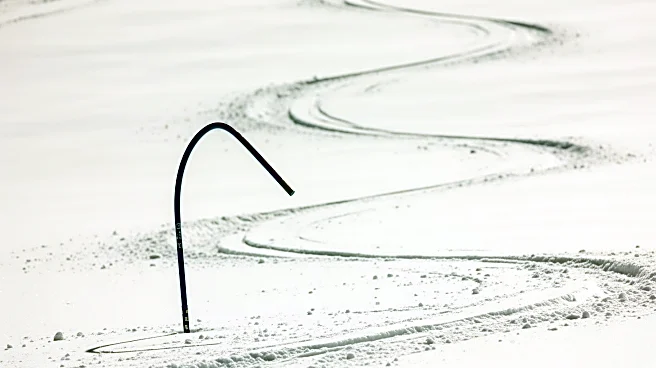The Cincinnati Reds would have been on the hook for some $21.5 million for the 2026 season should they (and the player with a mutual option) have chosen to keep around each of outfielder Austin Hays, lefty reliever Brent Suter, and workhorse righty Scott Barlow.
That simply was never going to happen.
Cincinnati’s front office took the predictable route of declining the club options they held on both Suter and Barlow on Wednesday, and similarly declined their half of the mutual option they had on Hays.
The team announced the moves on Twitter.
Mutual options are almost never picked up – both team and player would have to opt-in for those to happen – but Hays would have been on a $12 million for next season had both parties agreed to pick it up. Instead, he received a $1 million buyout.
The Reds held a $3 million club option for Suter yet instead chose to buy out the hometown guy for just $250,000. It will be interesting to see if he and the Reds negotiate a return at a lower rate for next year given his affinity for the club and his iffy 2025 results (4.52 ERA/4.57 FIP)as he has at least proven he can get ready on a moment’s notice and cover multiple innings when right.
Barlow, meanwhile, had a $6.5 million option that was never going to get picked up. Despite his workhorse efforts in 2025 (75 appearances), he pitched to just a 4.21 ERA and 4.70 FIP this season (and owns a 4.28 ERA across three teams and 191.1 IP dating back to the start of the 2023 season). He was bought out for $1 million, too.
The moves leave the team further devoid of what was the 2025 roster that snuck into the playoffs with 83 wins. Gone, too, are Nick Martinez, Zack Littell, Emilio Pagan, and Miguel Andujar to free agency, while the team chose to effectively cut Santiago Espinal and Ian Gibaut, too. That’s on top of having waved goodbye to Jake Fraley late last season (and Jeimer Candelario much earlier), marking quite a bit of turnover for a club coming off its best season in over a decade.
That’s now on the Reds front office to fix, even if they’re going to be operating on a budget that’s basically stagnant from last winter.

















